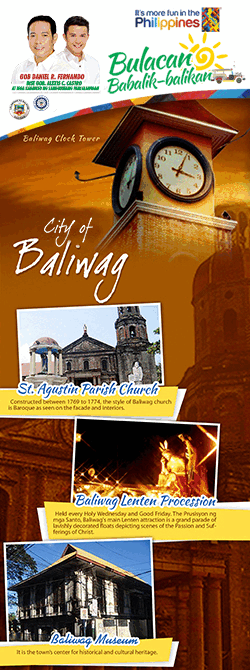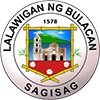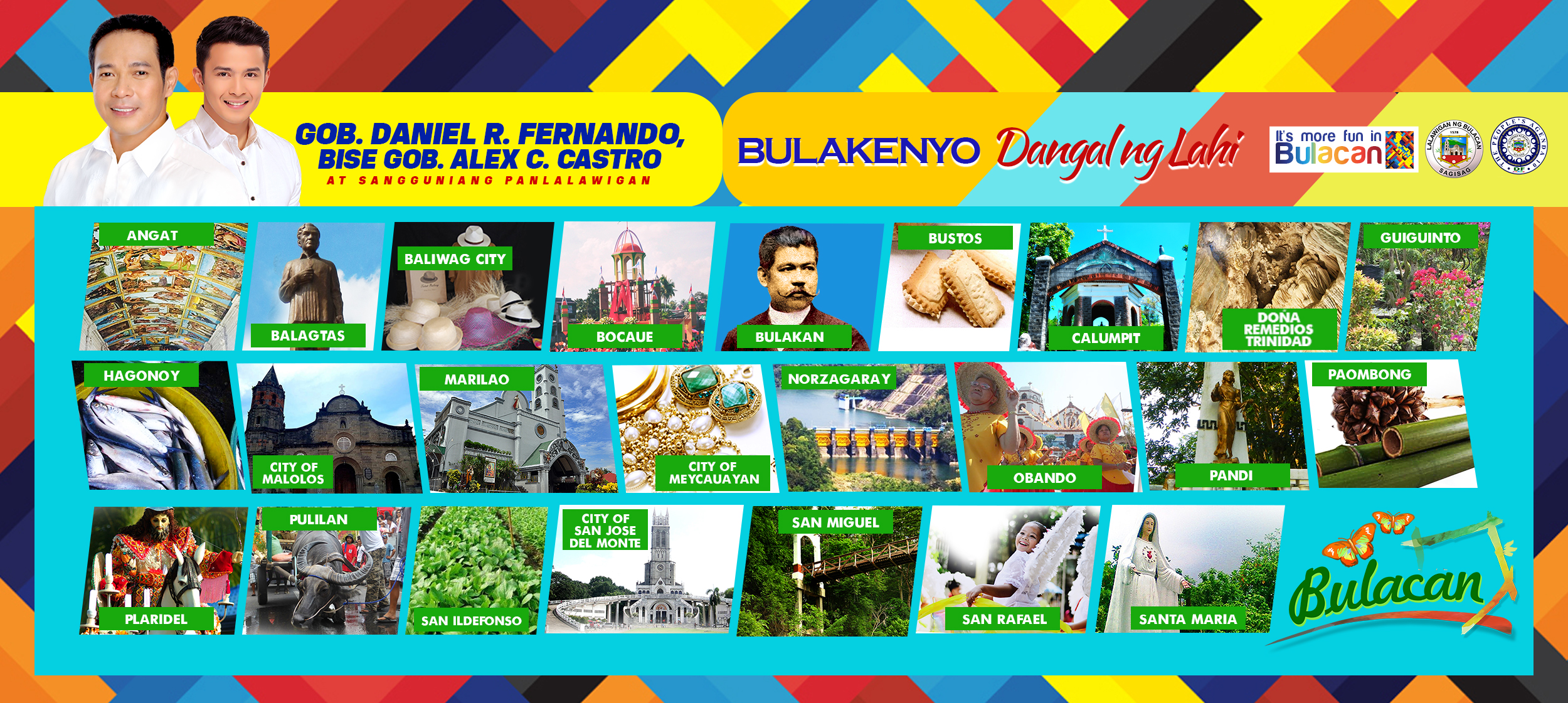|
Before the coming of the Spaniards in 1521, Baliwag City was just a wilderness inhabited mostly by animals and wild birds. There were no good and passable roads but only meandering pathways that invariable led to isolate huts. Some of these narrow pathways called "paraan", were fringed on both sides along with trees and other greenery's. Work animals and sleds that were then the only means of land transportation commonly passed the place.
The handful of people who occupied the isolated and lonely huts was paganistic people who worship spirits called "Bathala". They believed the spirits dwell in caves so in these caves they held rituals and made offerings of foods, perfumes and fruits to pay homage to them. These ancient Filipinos were so steeped in superstition that they religiously believed in divination, auguries and magic harms. Thus they always attached significance to such natural activities as the howling of dogs, the kissing of lizards or the mere sight of a black cat darting across their path to mean bad things and death omen. These superstitious beliefs were handed down from one generation to another and, are, in truth, still practiced in many parts of Baliwag City today.
The natives, of course, had their own language and social customs. Not unlike their contemporaries in other towns, they conducted their own commercial activities through the so-called barter system.
With the Christianization of the Philippines, the Spaniairds built many Catholic churches. One of these churches was established in Quingwa (now Plaridel), of which Baliwag City was still a "cabecerria" or barangay with no definite name. (Cabecerria or barangay is the modern-day barrio).
Because they had no other decent means transportation, the people either had to walk or had to ride a banca all the way to Quinwa, a distance of nine kilometers to hear masses on Sundays and feast days. As a consequence, the churchgoers from Baliwag City often came late for mass. This habitual tardiness eventually became the butt of jokes among the people of Quinwa, so much so that whenever they saw a group of Baliwag City folk coming, they would mockingly say; "Eto na ang maliliwag". (Here come the slow-folks). Or, if the later comer was all alone, "Eto na si Ba Liwag". ("Ba" is a provincial title of respect for a man).
Unfortunately, for the local folk, the uncomplimentary term "maliwag" (or Baliwag) stuck like glue. Even the Spanish "cura" was announcing it from the pulpit in reference to them. Through the years the name Baliwag City evolved from it and by this name or appellation the town became known.
Baliwag City was the 10th town founded by the Augustinians in the province of Bulacan.
|





